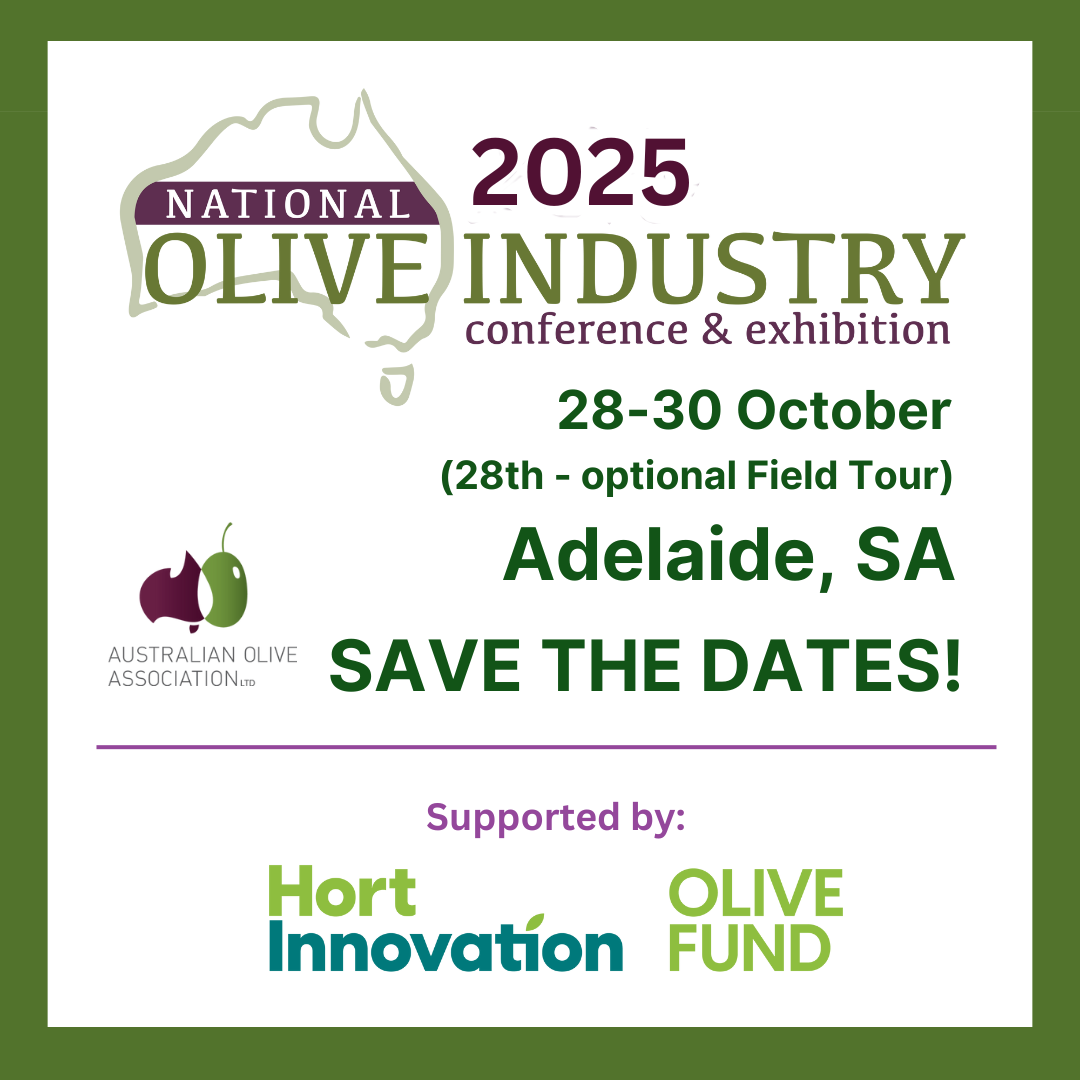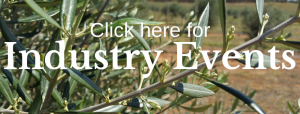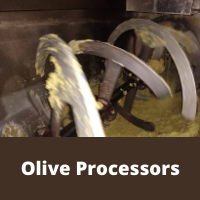
Consumer confidence in Australian extra virgin olive oil has been enhanced by the implementation of a Code of Practice for the olive industry, but local producers have been warned not to rest in their pursuit of quality and freshness.
The project, Australian olive oil code of practice implementation (OL13007) – a strategic levy investment under the Hort Innovation Olive Fund – focused on three key areas of the industry – formally certifying Australian olive products; monitoring industry compliance with quality standards, which included regular market surveys; and building skills and capacity through training programs.
Code of Practice Administrator, Peter McFarlane, said market surveys show consumers can be confident they are receiving value for money in buying Australian extra virgin olive oil (EVOO). Many overseas competitors have also shown recent improvement in the quality of their products, making Australian consumers the winners.
The project aims to enhance consumer confidence in Australian olive products using three strategies:
- Supporting and monitoring industry compliance with The Australian Standard for olive oil (AS5264-2011), the ANZFA Food Standards Code, and the Australian Consumer Law (ACL), through regular national market surveys.
- Providing a formal mechanism for Trade Mark certification of Australian and imported olive products in both domestic and export markets.
- Building olive industry skills and capacity through the development and delivery of competency based e-learning modules, and training workshops implemented in collaboration with regional olive associations.
Mr McFarlane said in the past three years, a total of 176 Australian and imported olive oils labelled as EVOO were purchased from supermarkets, independent retailers or online, and samples independently tested against the Australian Olive Association Code of Practice (OliveCare™) protocols.
The most recent survey results, for July-August 2017, showed a very significant improvement for imported EVOO products over the previous results from 2015-16, which Mr McFarlane said may be a response to heavy pressure from Australia to conform to quality specifications.
“The survey found that 63 per cent of imported olive oil brands met the quality requirements for EVOO – chemistry, sensory and freshness – which is up from a low of 16 per cent in 2015-16,” Mr McFarlane explained.
“This compares with 73 per cent of Australian products that met the quality requirements for EVOO, up from 60 per cent in 2015-16.”
The survey tested 50 products labelled as EVOO from supermarket outlets in South Australia, comprising 26 from Australia, 10 from Italy, 9 from Spain, 3 from Greece and two from elsewhere in the EU.
Mr McFarlane said the survey produced a number of ‘take home’ messages for the local industry:
- Australian olive oil producers should not ‘rest on their laurels’ – imported olive oils showed much improvement in the latest survey;
- The survey result vindicates industry pursuit of quality and freshness, and truth in labelling, to ensure that consumers continue to receive value for money
- Olive oil producers and marketers should give increased attention to stock control, as 30% of EVOO is not as fresh as it could be (37.5% imported and 23% Australian products)
- Producers and marketers should regularly test olive oil stocks to ensure product meets EVOO test parameters (this also applies to producers and marketers who purchase bulk EVOO from various sources).
Mr McFarlane said he will work with producers whose products failed the market survey testing, to identify the cause of the problem and how to rectify it, and to provide constructive feedback.
Australian consumers can purchase high quality EVOO with confidence in major supermarkets by choosing current season Australian and imported products be sure to check the BBD, the best before date – and by looking for the Australian Extra Virgin® certification, as well as AS5264-2011 compliant symbols on the product label.
For more information about the Australian Olive Association’s Code of Practice, and guidance on its implementation, contact Code of Practice Administrator Peter McFarlane at the Australian Olive Association on 0418 839 836 or at peter@mc.com.au
This project has been funded by Hort Innovation, using the olive research and
development levy and contributions from the Australian Government. Hort Innovation is the growerowned, not-for-profit research and development corporation for Australian horticulture.
Image caption: Peter McFarlane with Annetta Paterson at Nullamunjie Olive Oil Pty Ltd Cellar Door in Tongio, Victoria.



